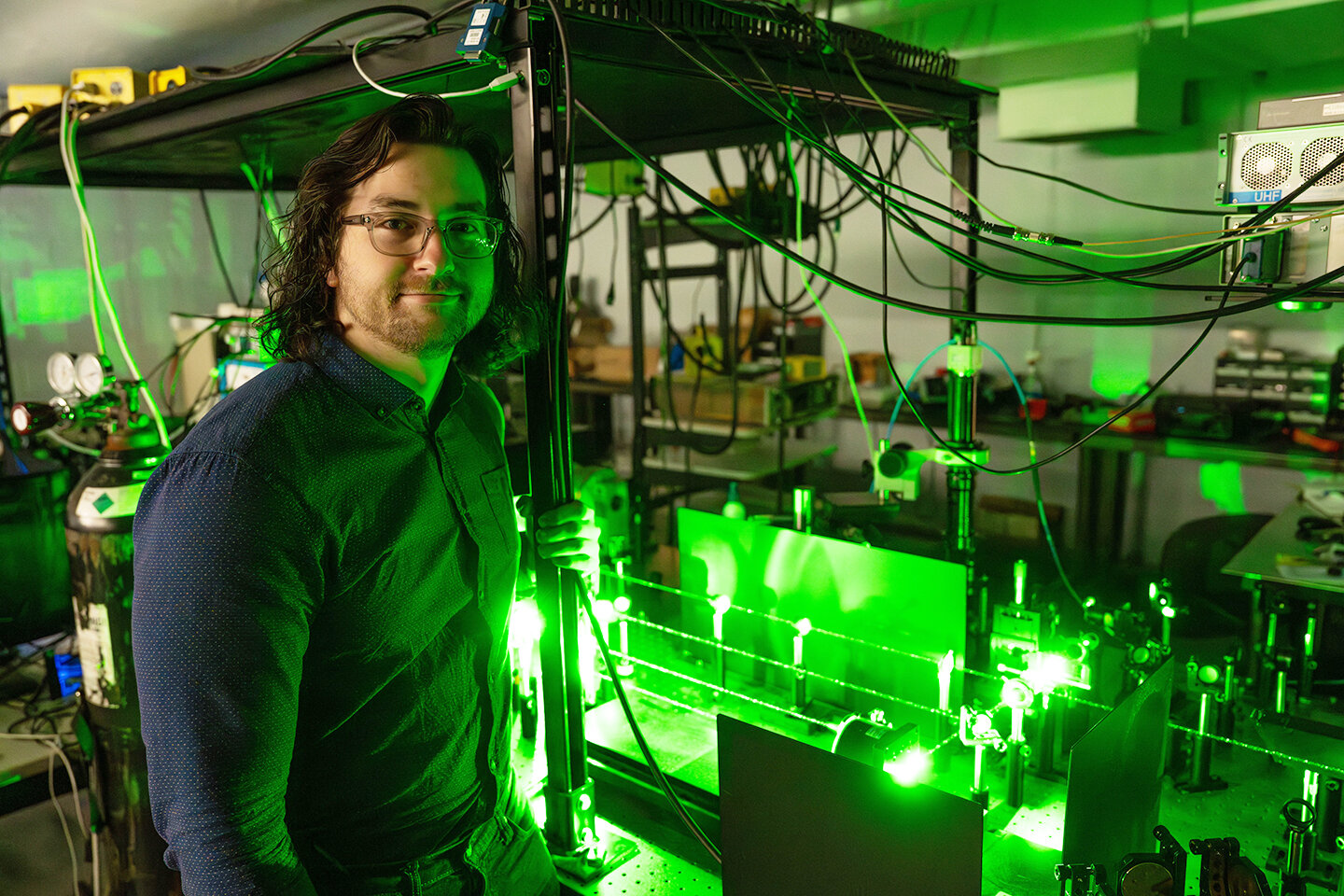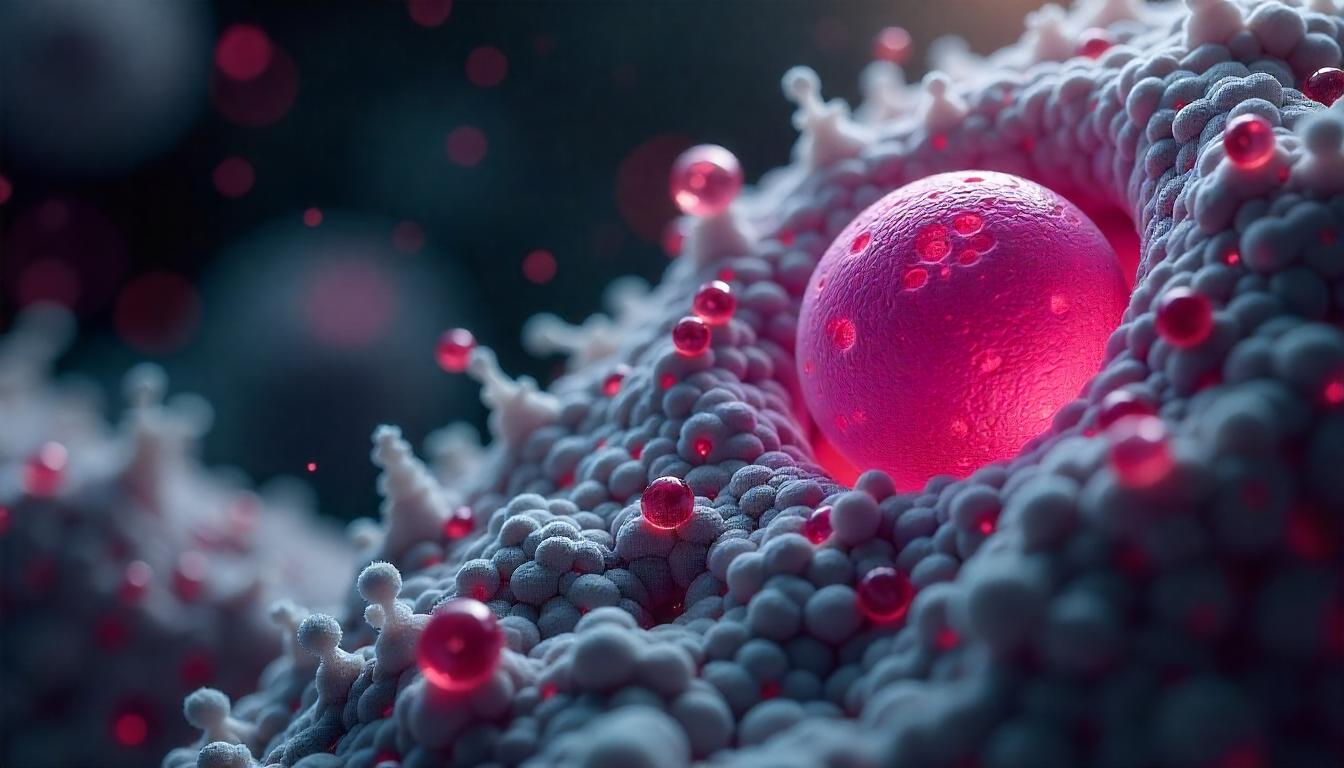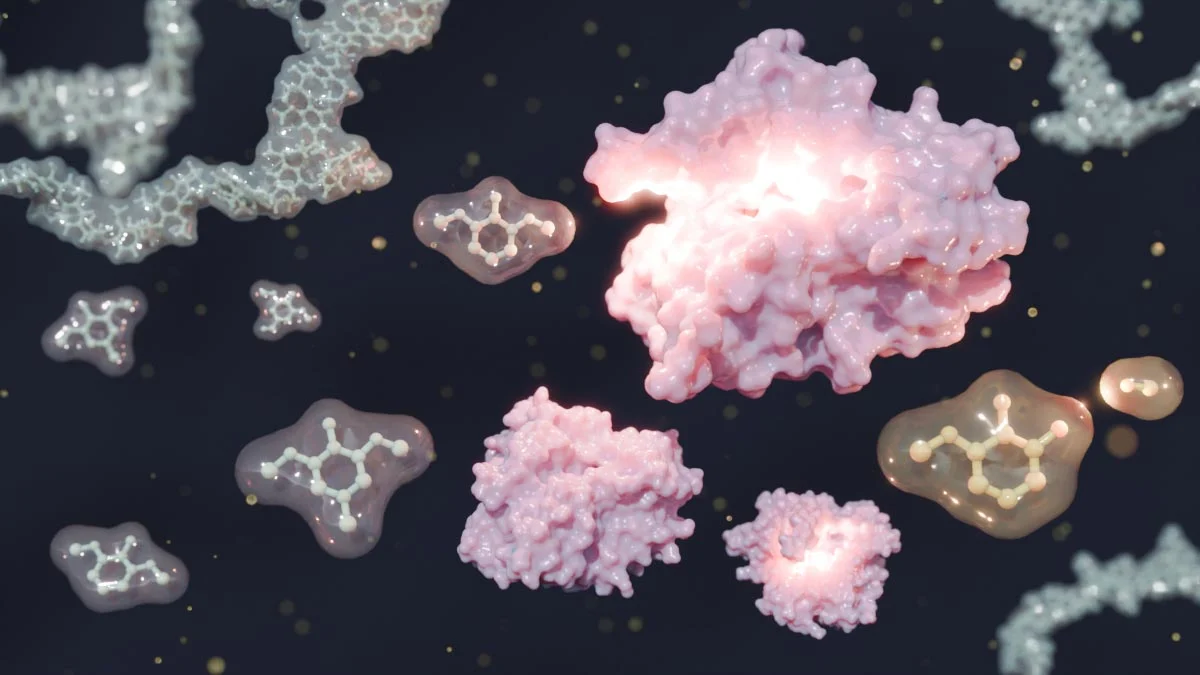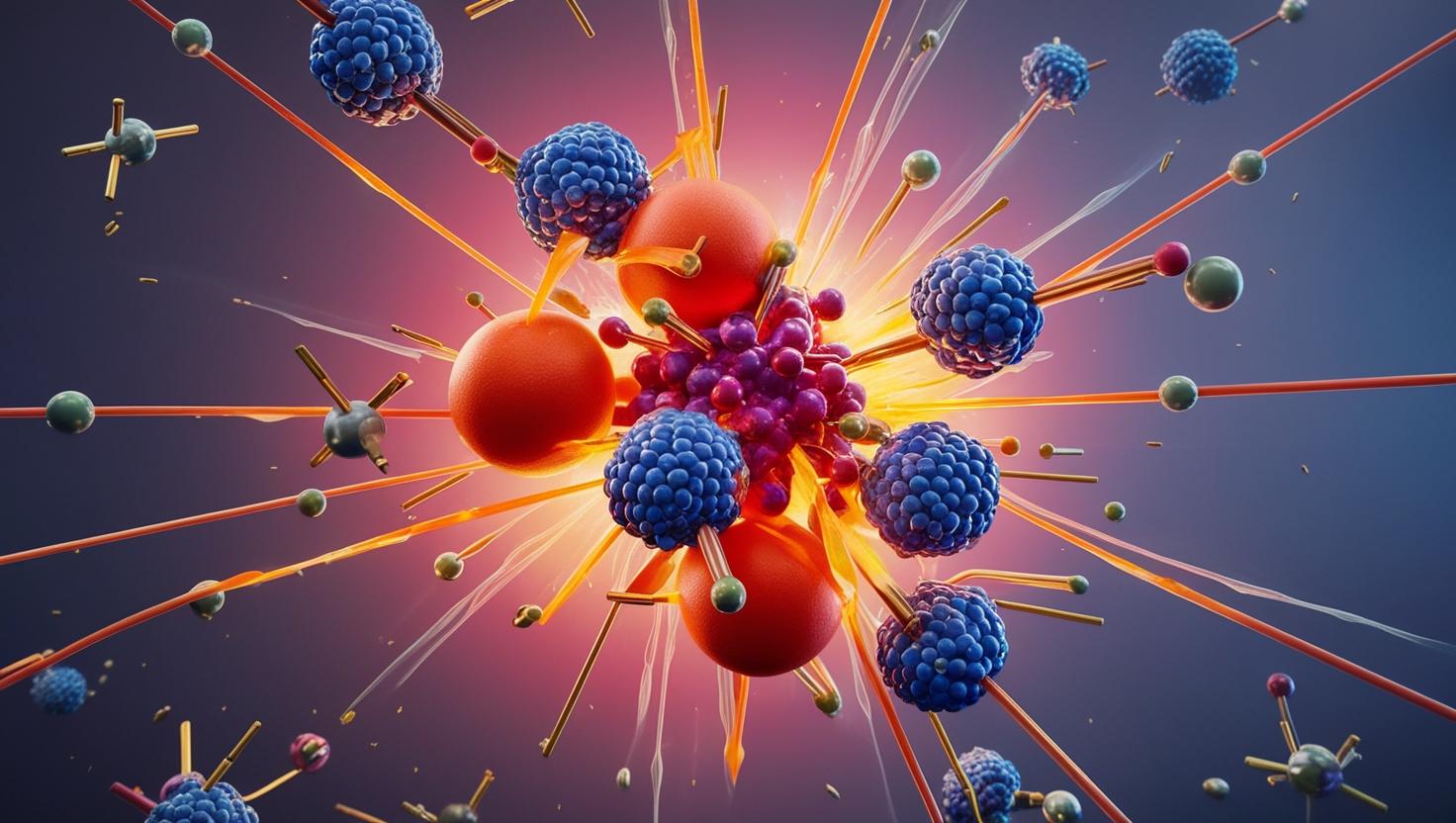A Revolutionary Approach to Cancer Treatment
In a groundbreaking study, researchers at Johns Hopkins Kimmel Cancer Center have discovered a novel way to fight cancer—by targeting the ribosomes, the protein-producing factories inside cells. By disabling a key enzyme responsible for making ribosomal RNA (rRNA), they found a method to shut down protein production in cancer cells, effectively halting their growth.
The Role of RNA Polymerase I in Cancer
Understanding Cancer’s Dependence on Protein Production
RNA Polymerase I (Pol I) plays a crucial role in producing rRNA, an essential part of the ribosome. Cancer cells, due to their fast-paced growth, have an increased demand for proteins. By inhibiting Pol I, researchers were able to disrupt the cancer cells’ ability to sustain their growth.
Rewiring Cancer Cell Behavior
From Malignant to Manageable
What makes this discovery especially exciting is that blocking Pol I didn’t just stop tumor growth. The cancer cells began acting more like normal cells—suggesting that their fundamental programming was being rewritten. This reprogramming could potentially transform aggressive tumors into more treatable forms.
Implications for Genetically Unstable Tumors
A Universal Target Across Cancer Types
This new strategy could be particularly beneficial for cancers with high genetic instability, which are often resistant to traditional treatments. Since the method targets a core cellular process—not just a specific mutation—it could apply to a wide range of cancer types.
Looking Ahead: From Lab to Clinic
Hope for Future Cancer Therapies
While this research is still in early stages, it lays the groundwork for future therapies that target cancer at a fundamental level. Instead of relying solely on chemotherapy, future treatments might use this method to stop tumors by turning off their protein production engines.
What if we could fight cancer by turning off its power at the source?
Keep following DailySciTech.com for more updates on this incredible breakthrough and the future of cancer research.
Reference: “Ribosomal RNA transcription regulates splicing through ribosomal protein RPL22” by Wenjun Fan, Hester Liu, Gregory C. Stachelek, Asma Begum, Catherine E. Davis, Tony E. Dorado, Glen Ernst, William C. Reinhold, Busra Ozbek, Qizhi Zheng, Angelo M. De Marzo, N.V. Rajeshkumar, James C. Barrow and Marikki Laiho, 18 June 2025, Cell Chemical Biology.
DOI: 10.1016/j.chembiol.2025.05.012
Daily science news 2025, Best science blogs, New science research 2025, Popular science articles, Latest science news 2025










